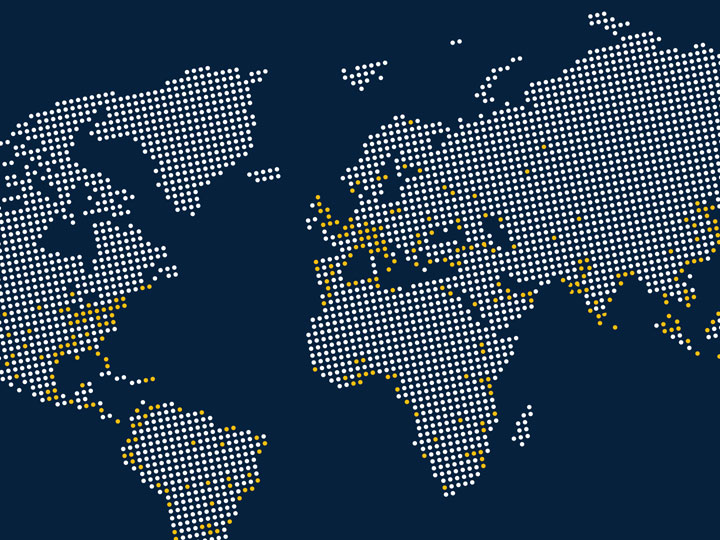Policy Monitoring Enforcement
Technical IT security policies are typically implemented in either monitoring devices (e.g. IDS) that identify and notify you of malicious activity or in blocking devices (e.g. firewalls or IPS) that identify and actively block malicious activity.
Traditional IT security policies focused on identifying malicious activity from external sources targeting your organizations IT resources. These policies allowed for a “hard shell” type of protected environment where firewalls and IDS systems were used to create a secure perimeter that was difficult for external attackers to penetrate. Over the last few years however, cyber criminals and attackers have started to focus on compromising systems inside of the secure perimeter, including servers, routers, and user workstations. The influx of phishing activity, Trojans and other malware has made it imperative that organizations monitor internal network activity as well as what is exiting their perimeter.
Intertek EWA-Canada understands that IT security monitoring and enforcement policies must account for all types of malicious activity including: external attacks, compromised internal systems, disgruntled employees, malware infestations, and espionage attacks siphoning sensitive data or intellectual property from your systems. Intertek EWA-Canada can help you develop or translate your corporate IT security policies into specific technical policies implemented in firewalls or IDS/IPS systems. For over 25 years Intertek EWA-Canada has deployed, managed and maintained various open-source and commercial firewall and IDS/IPS systems.
As new applications come online, as business processes evolve, and as new attack techniques are developed Intertek EWA-Canada will continue to ensure that the technical policies implemented in firewalls and IDS/IPS systems continue to reflect relevant corporate ITS policies.

Knowledge Center
- Cybersecurity Awareness Training Fact Sheet
- Common Criteria Certification Process Fact Sheet
- FIPS 140-3 Process and Service Offerings Fact Sheet
- Cyber Security Risk in a Mass Remote Working Environment Webinar
- Intertek Cyber Assured Fact Sheet
- Consumer Product Focused Cyber Security Test and Certification Program
- PCI PIN Transaction Security (PTS) Cyber Security Fact Sheet
- Cyber Security Assurance Overview
- ANSI/UL 2900 Cyber Security Assessments Fact Sheet

Upcoming Events
Connected World Complimentary Webinars
